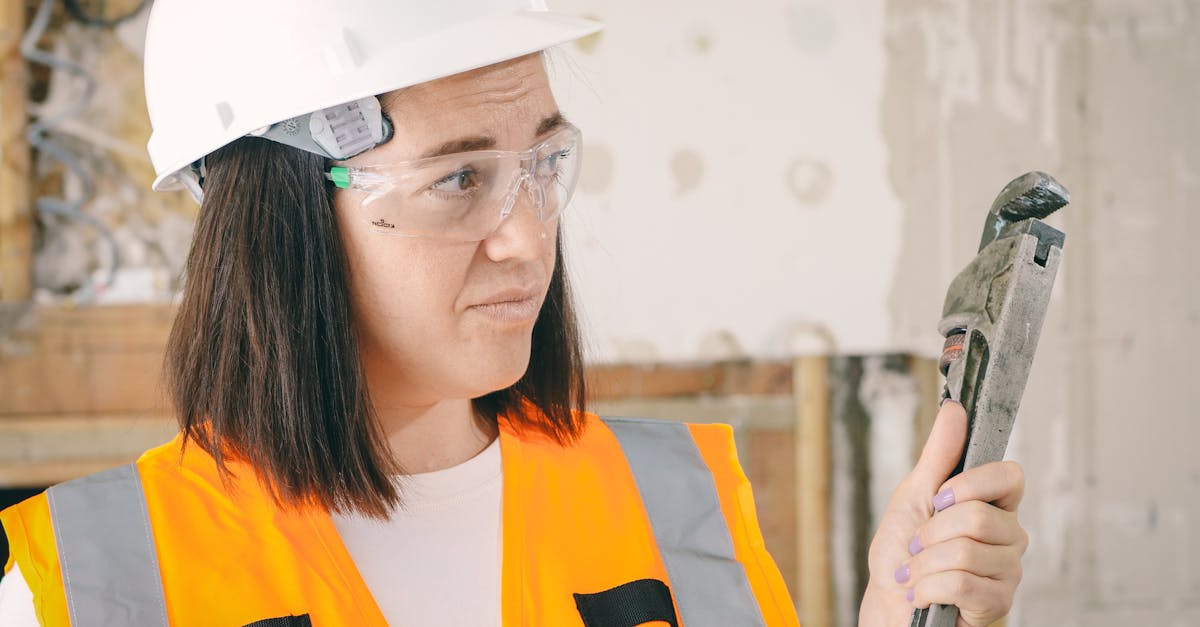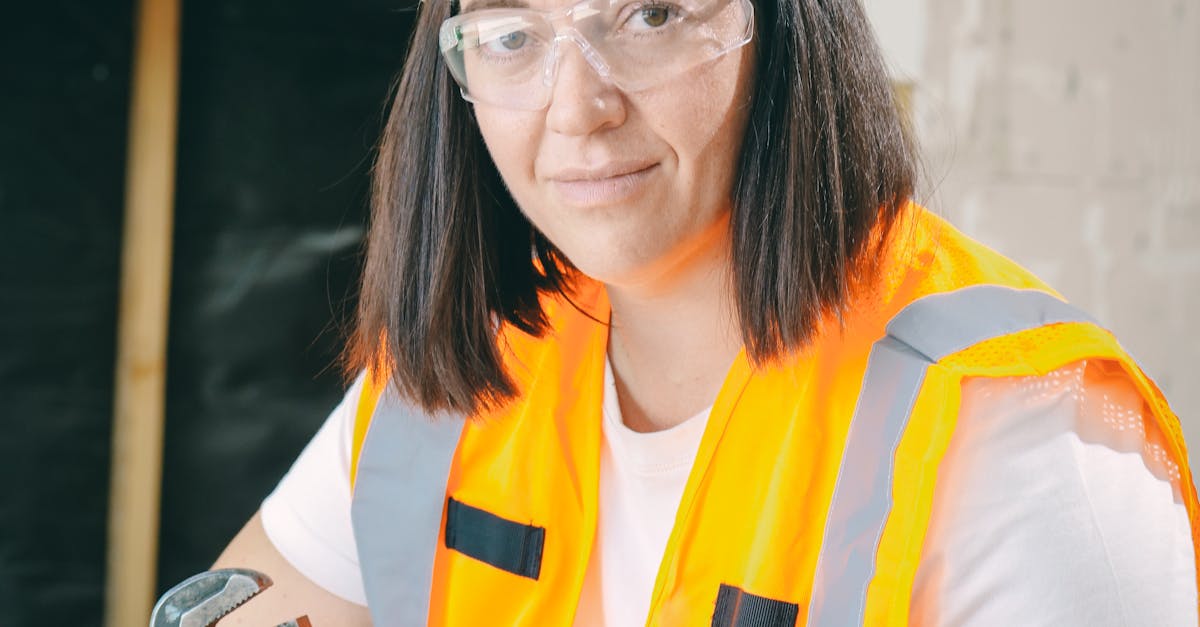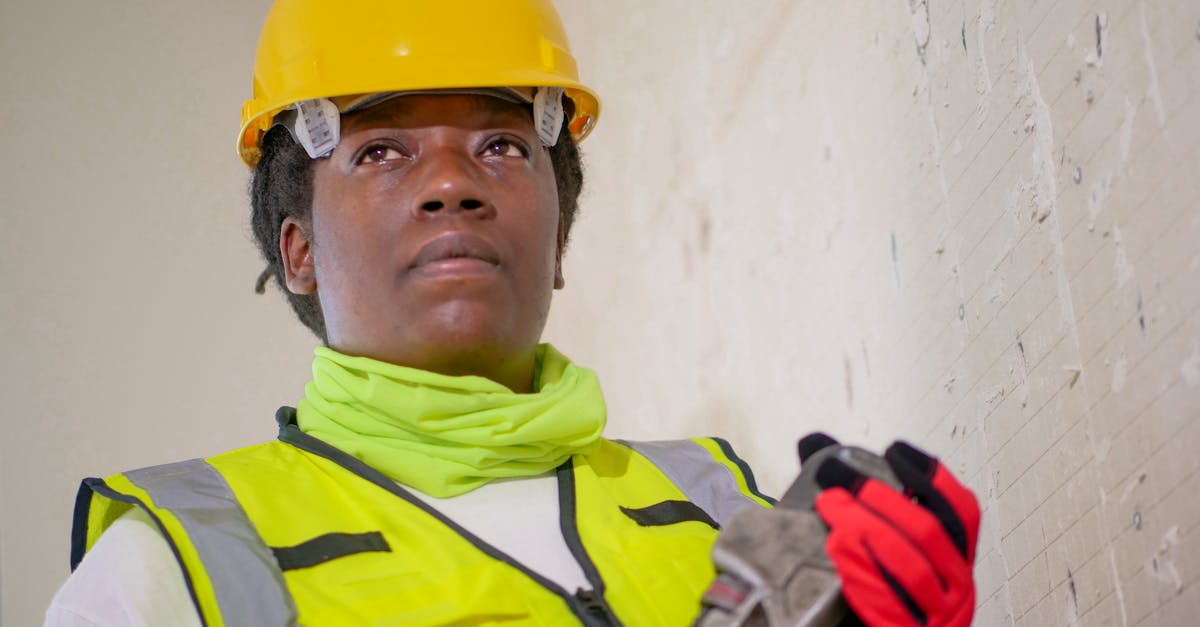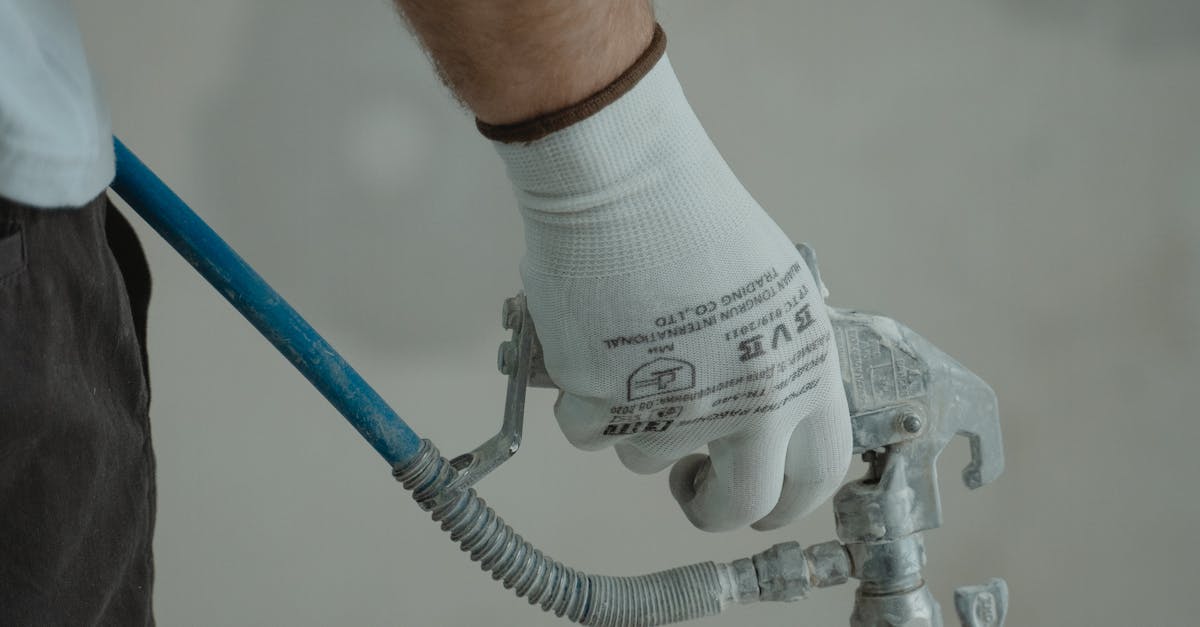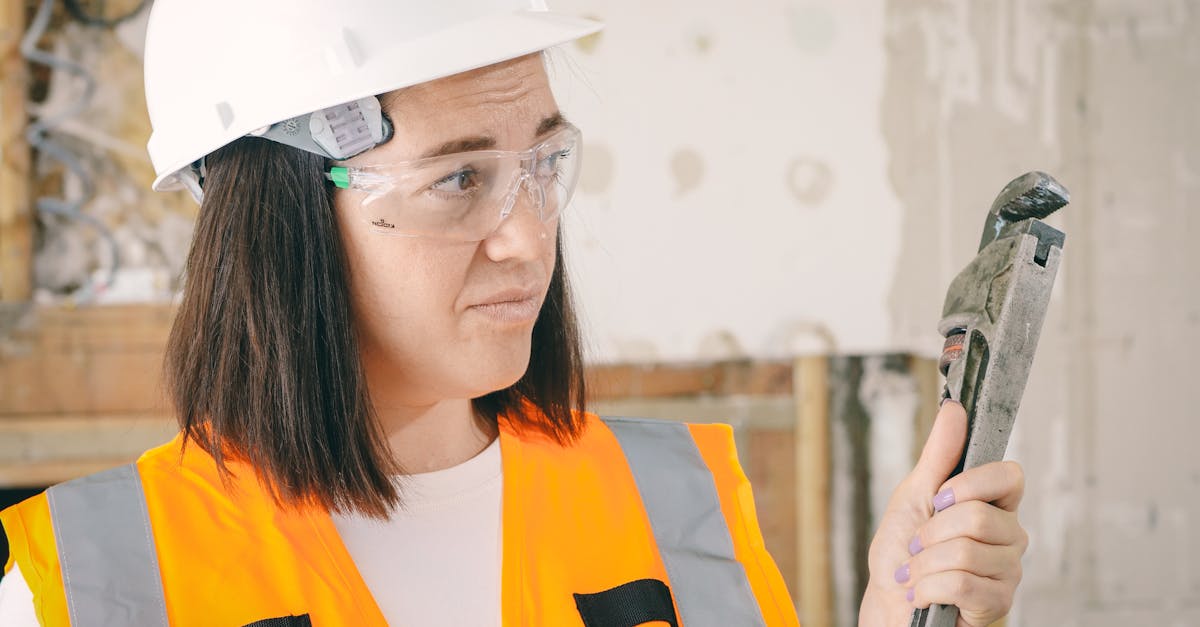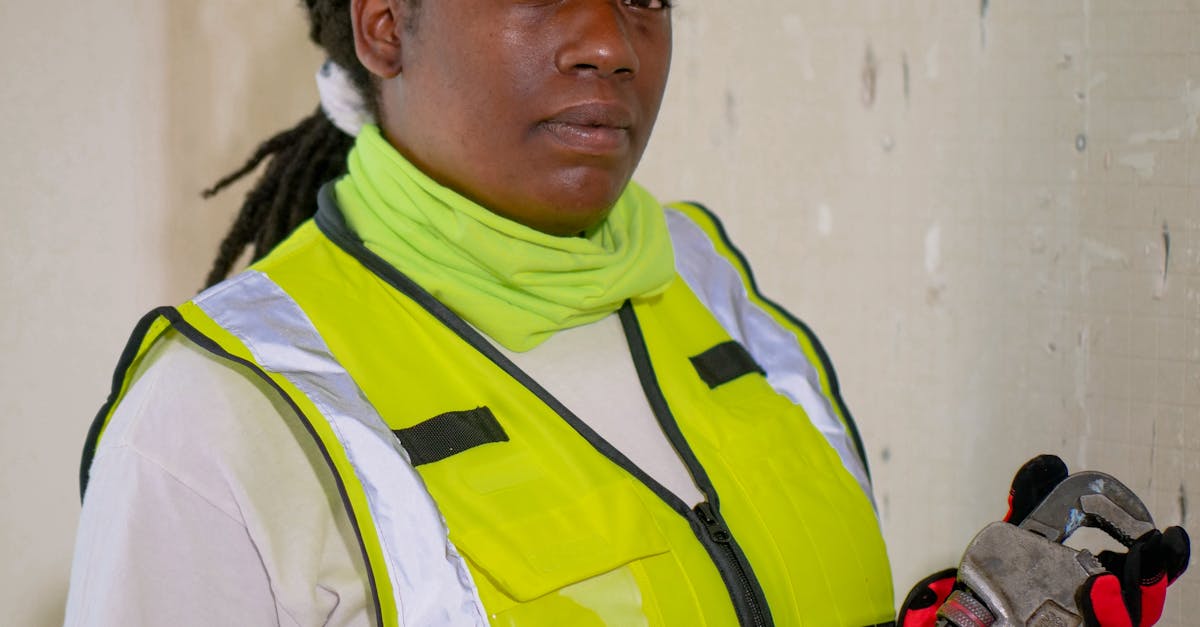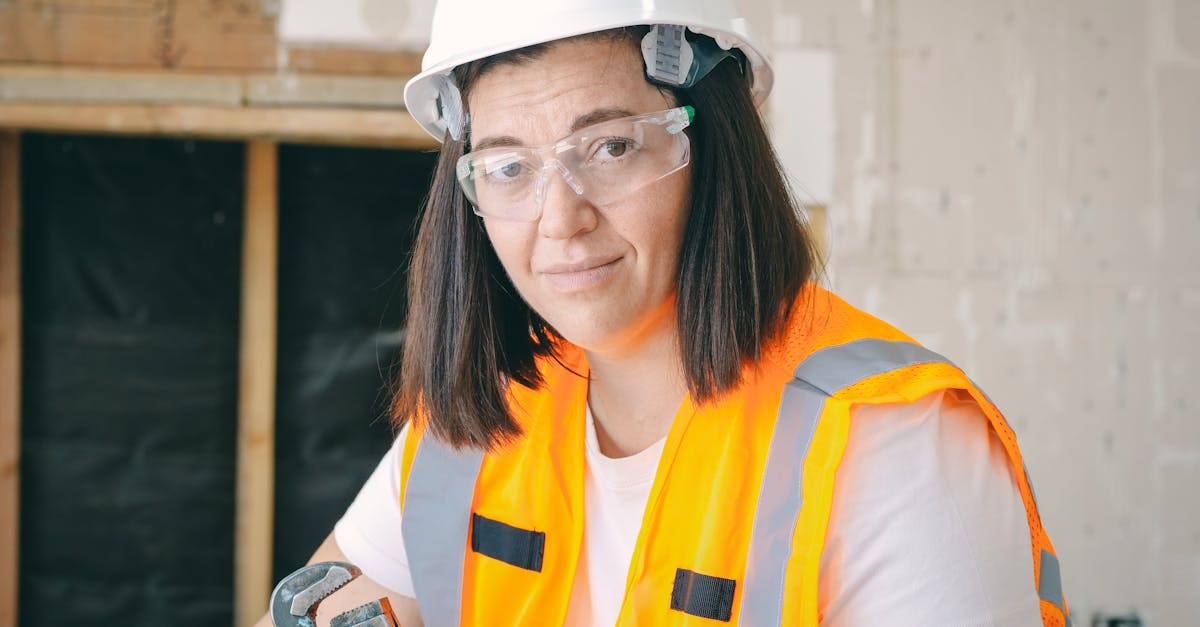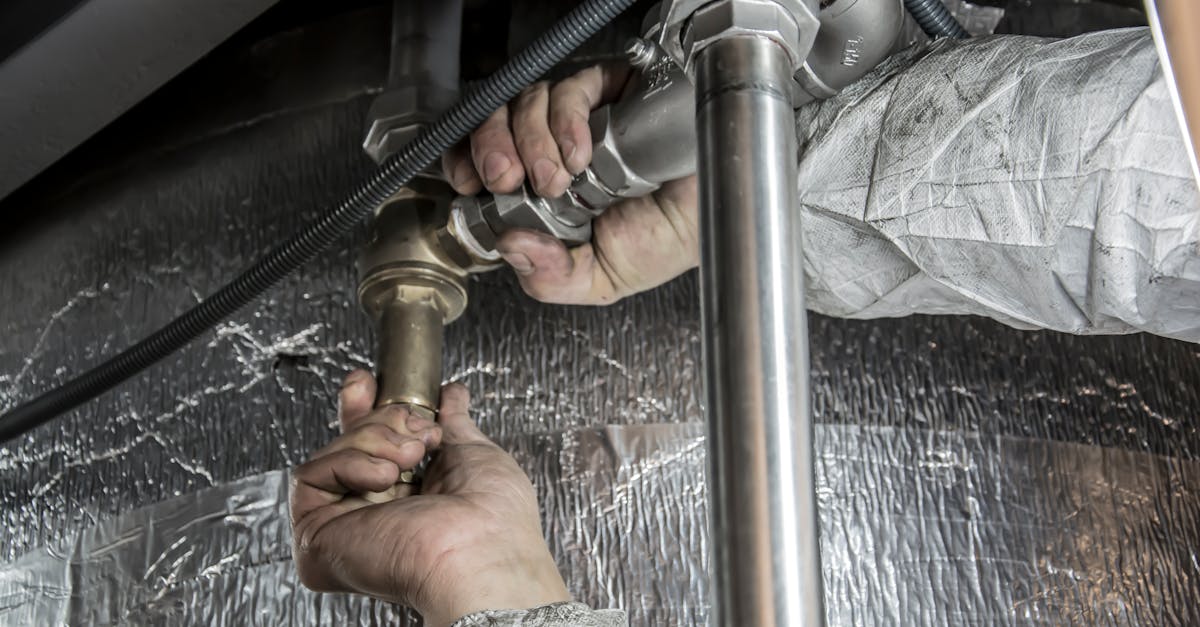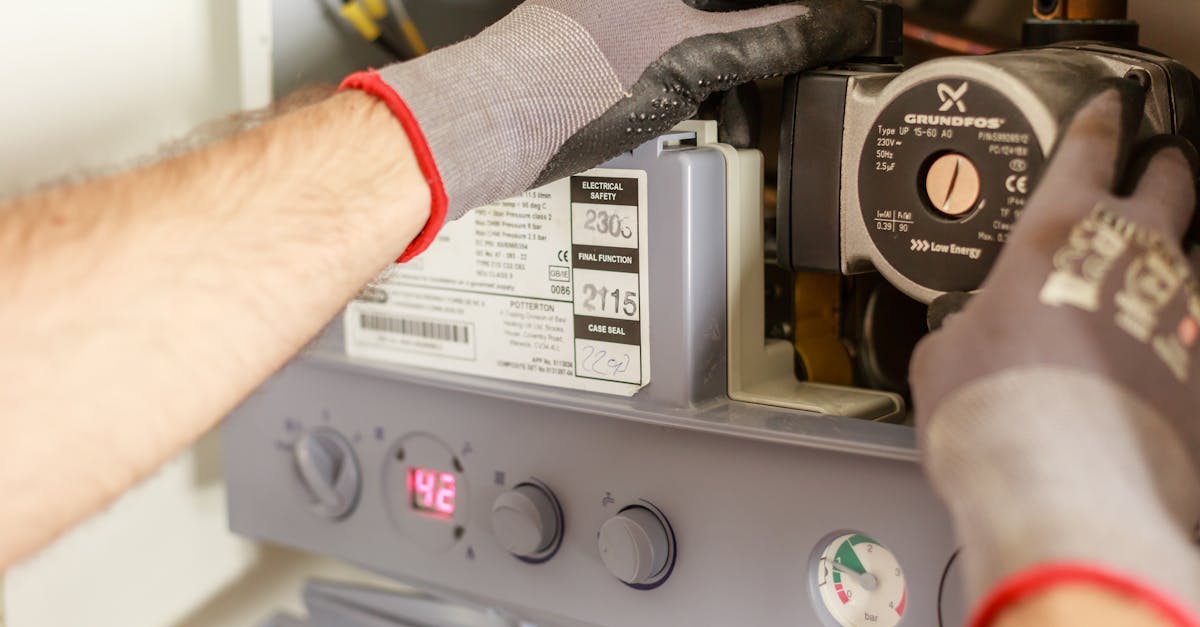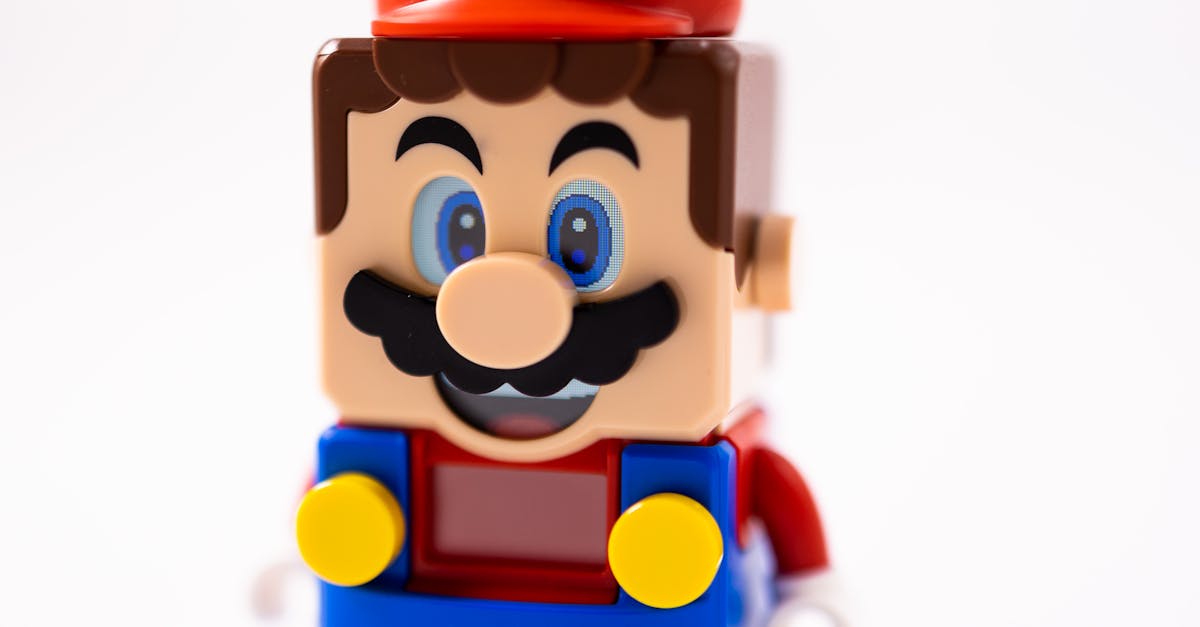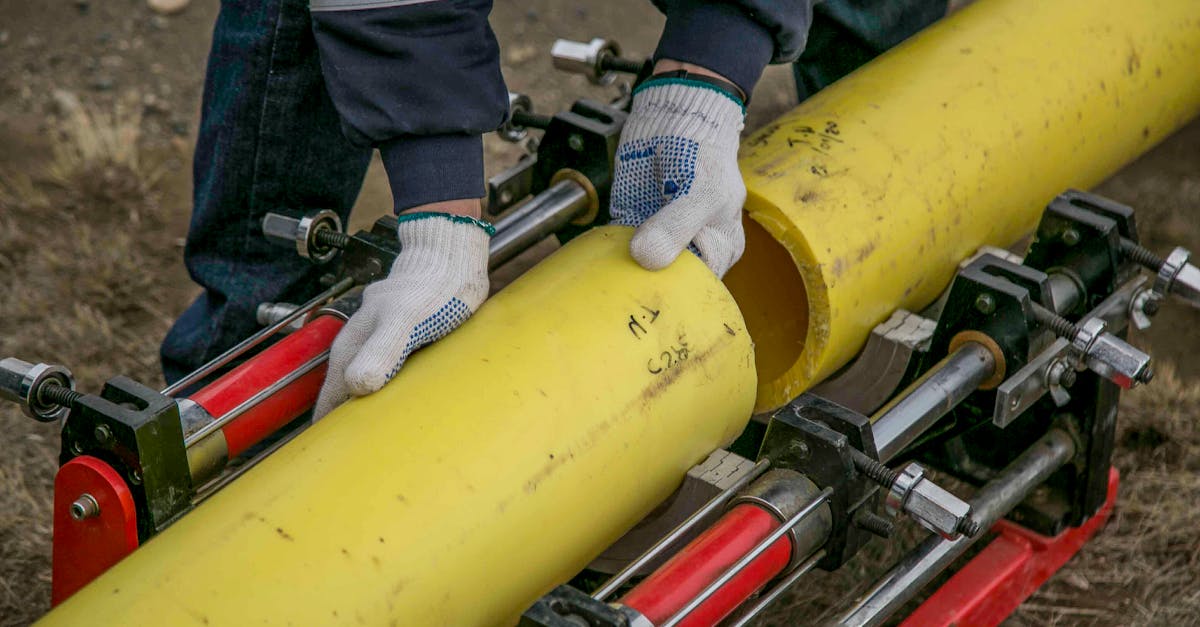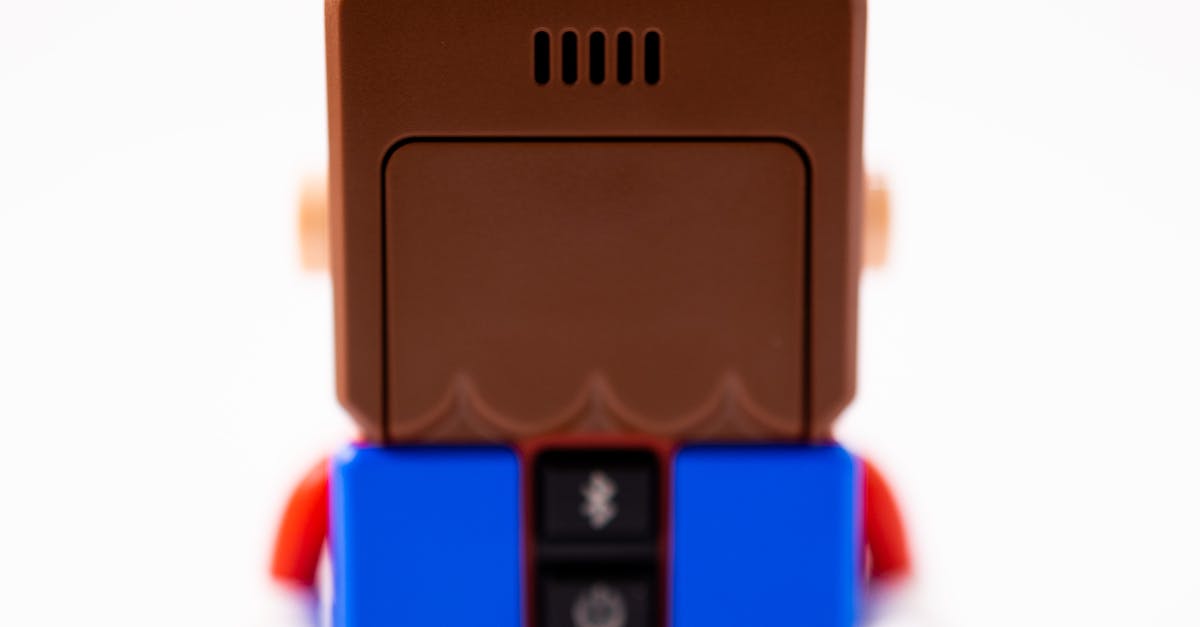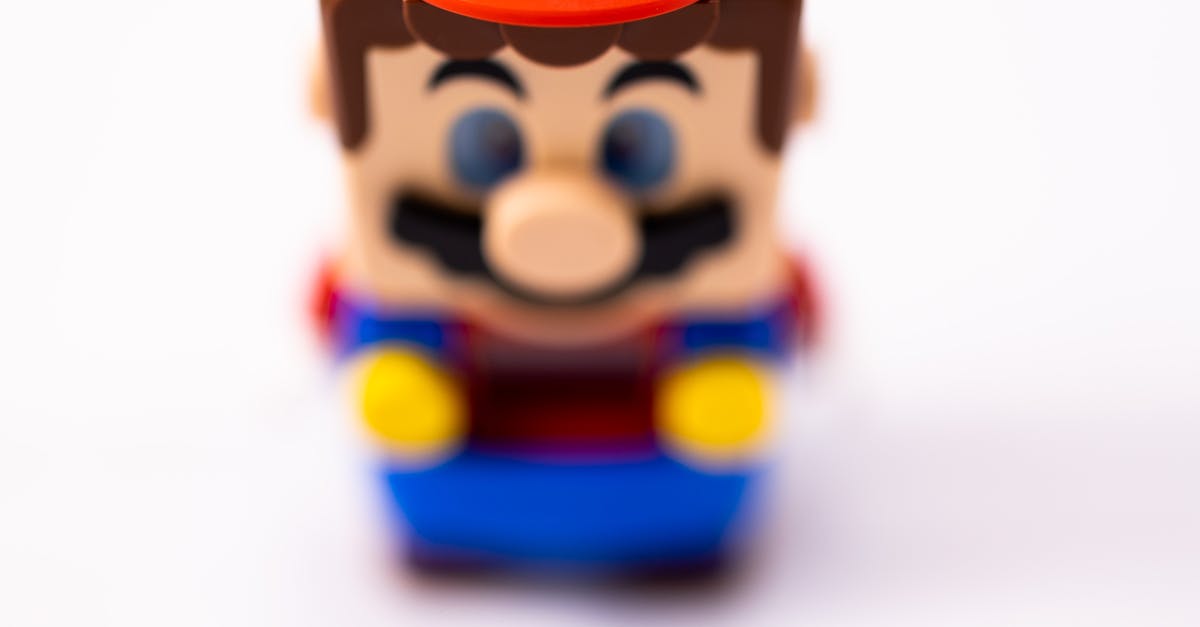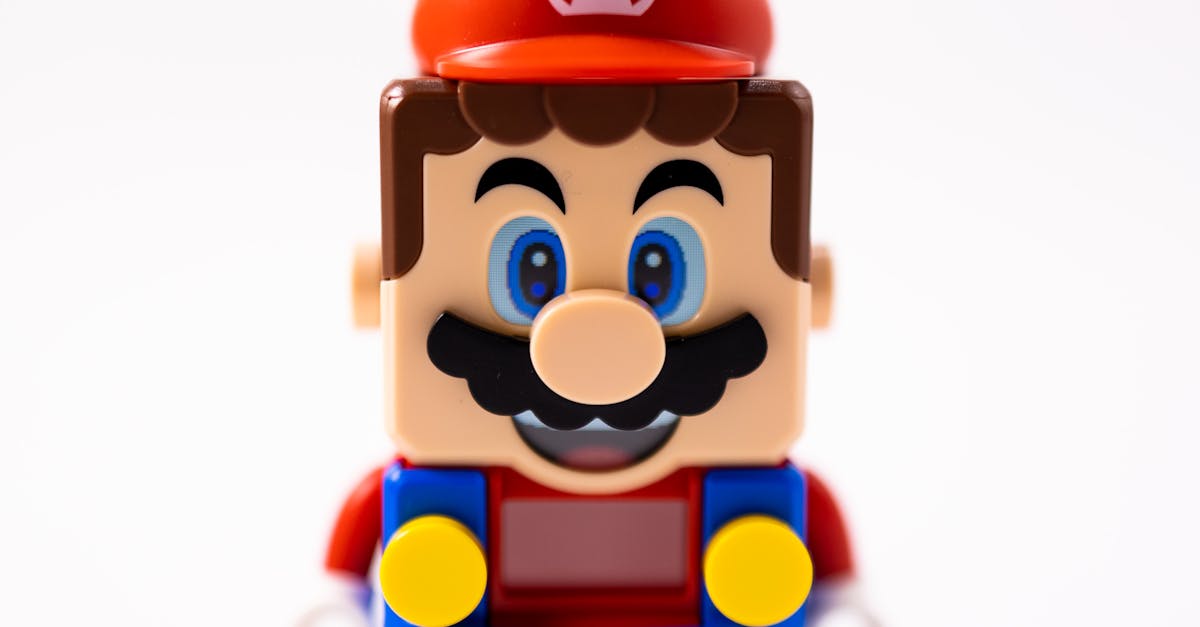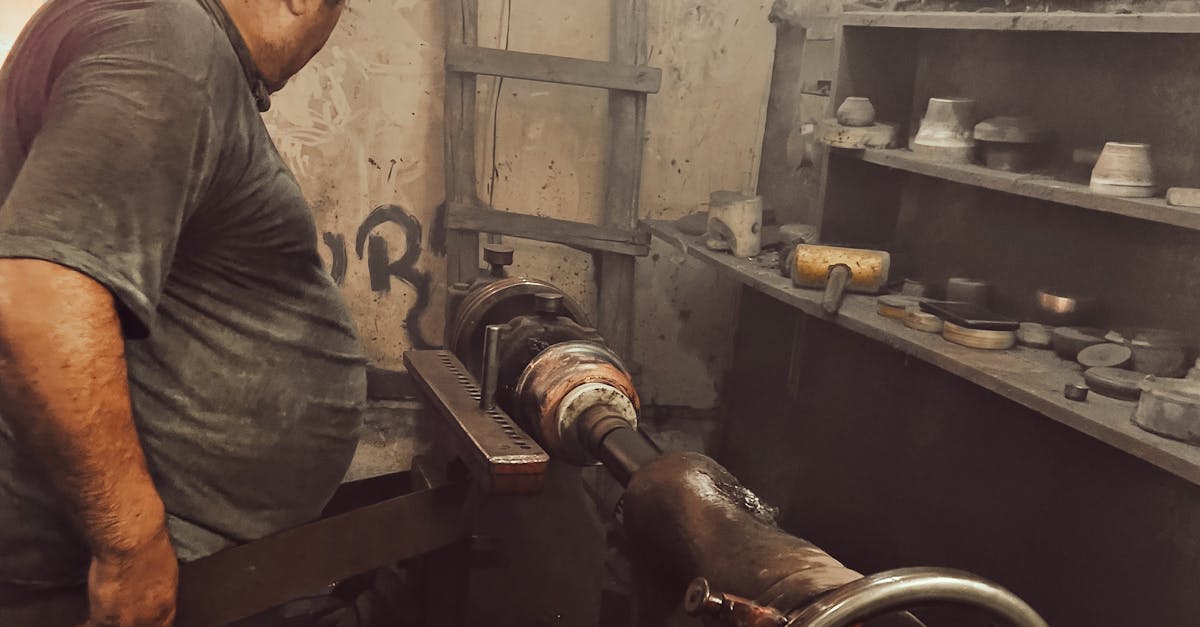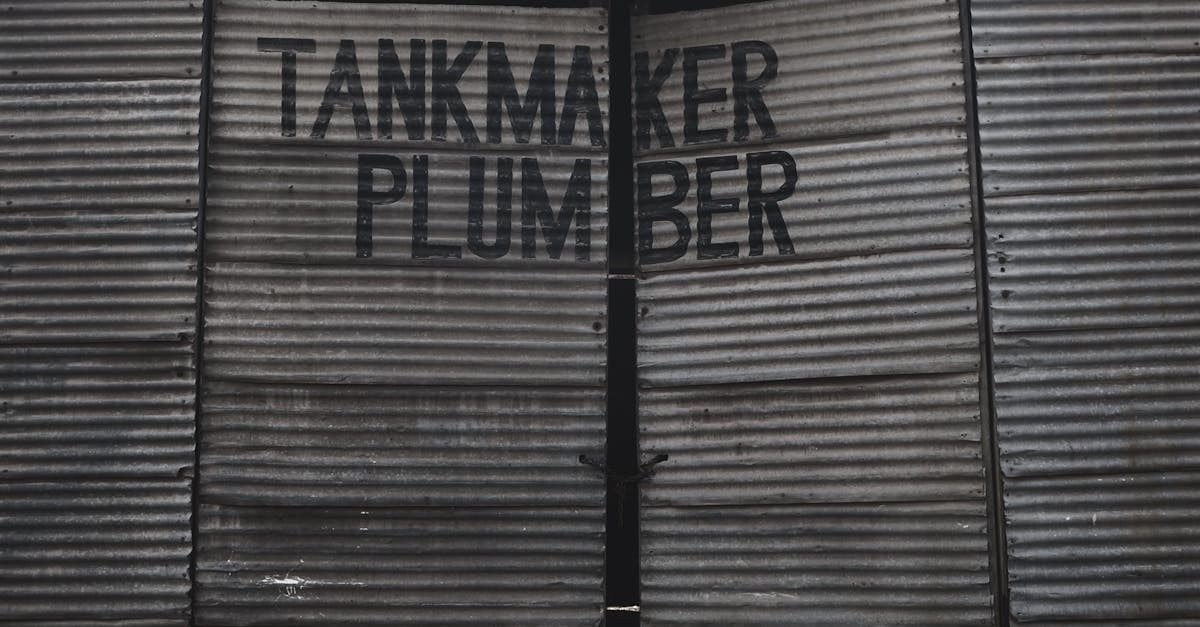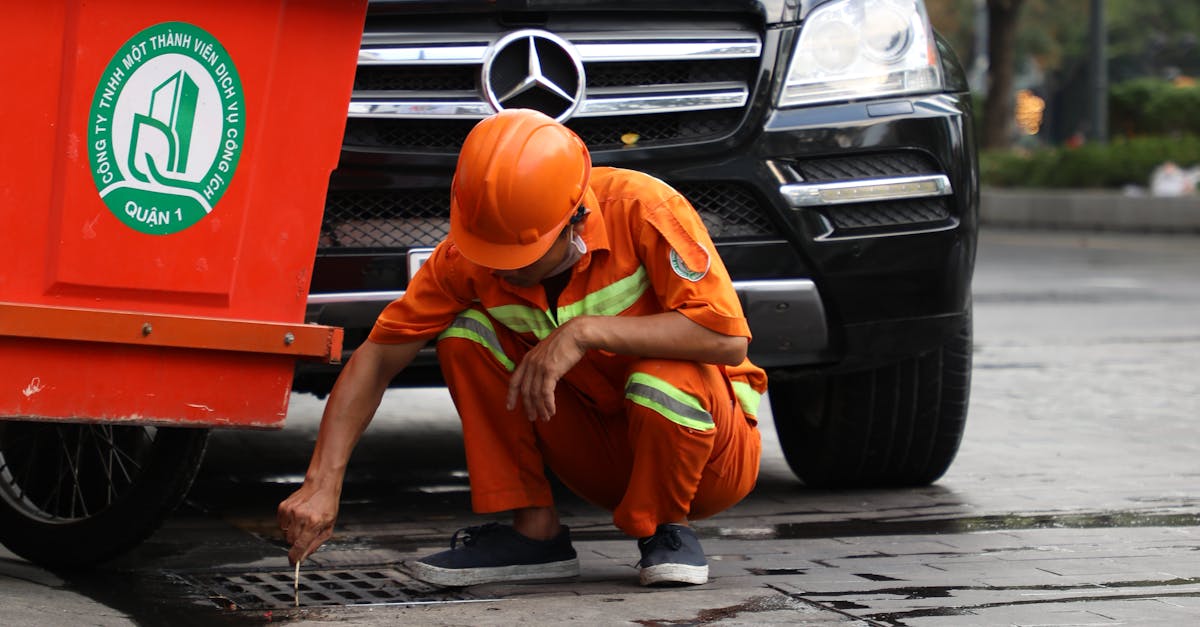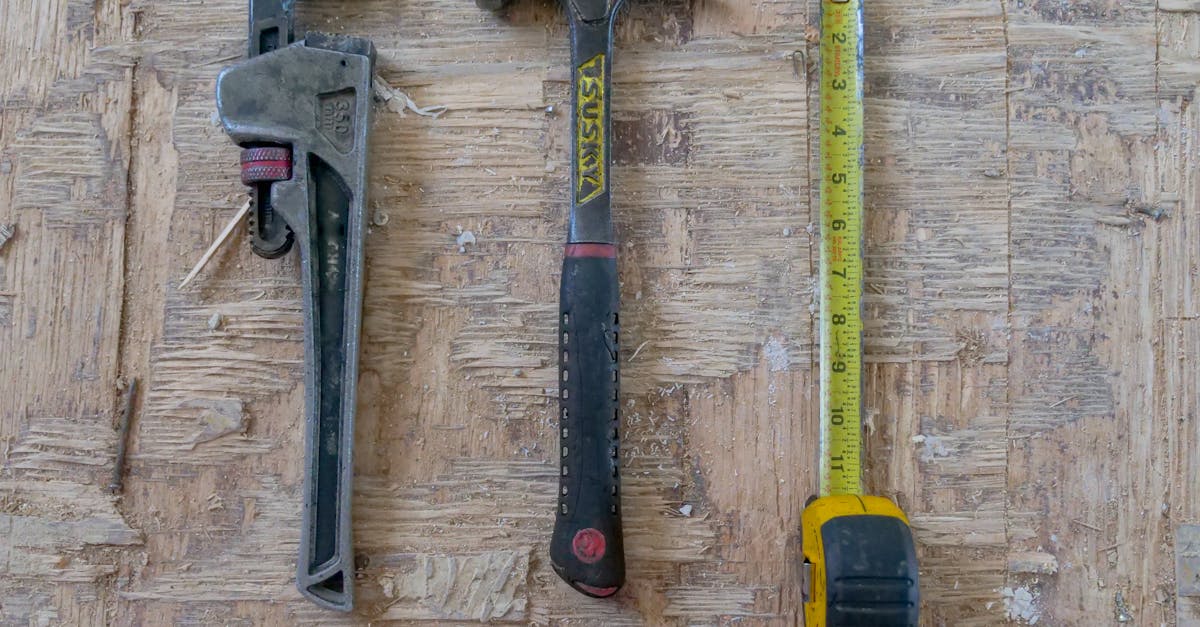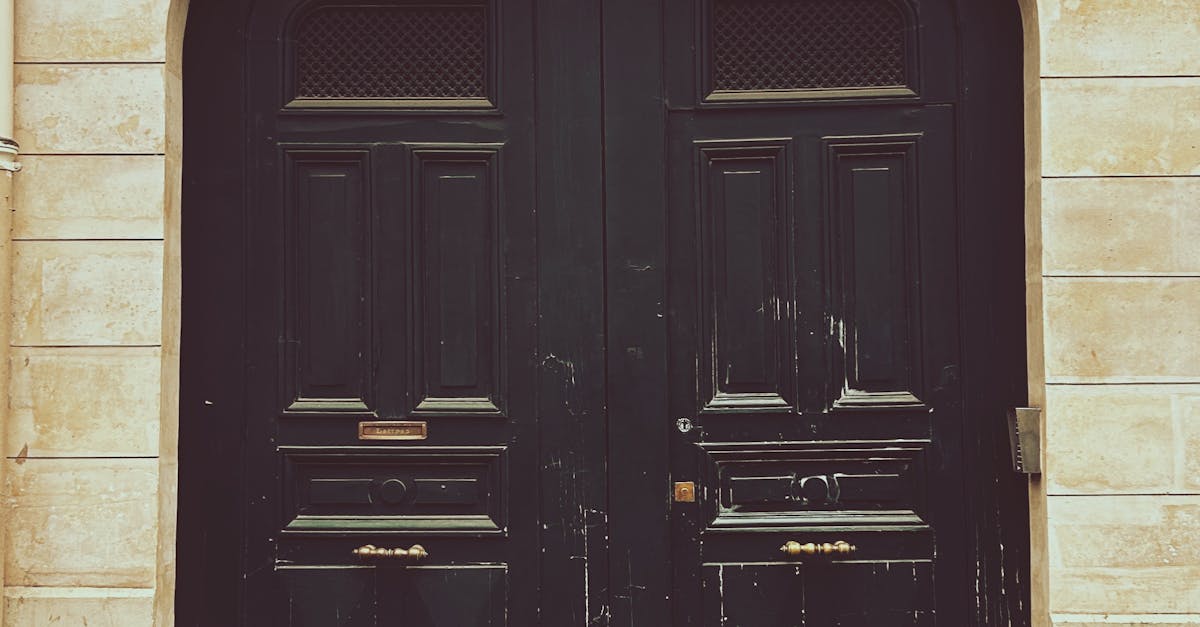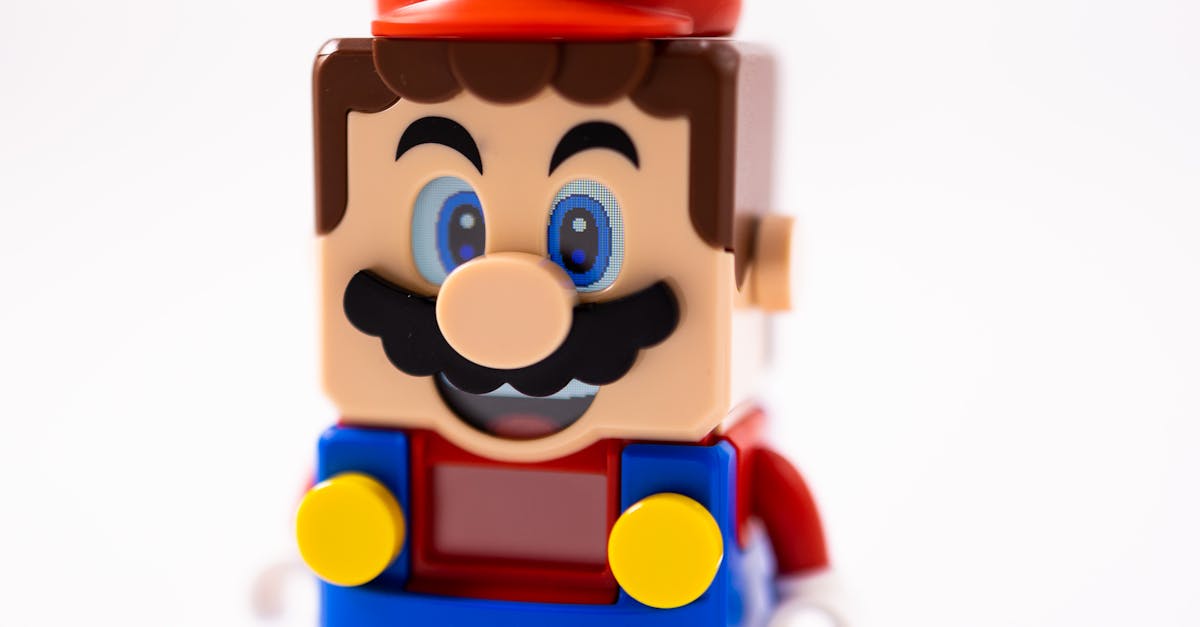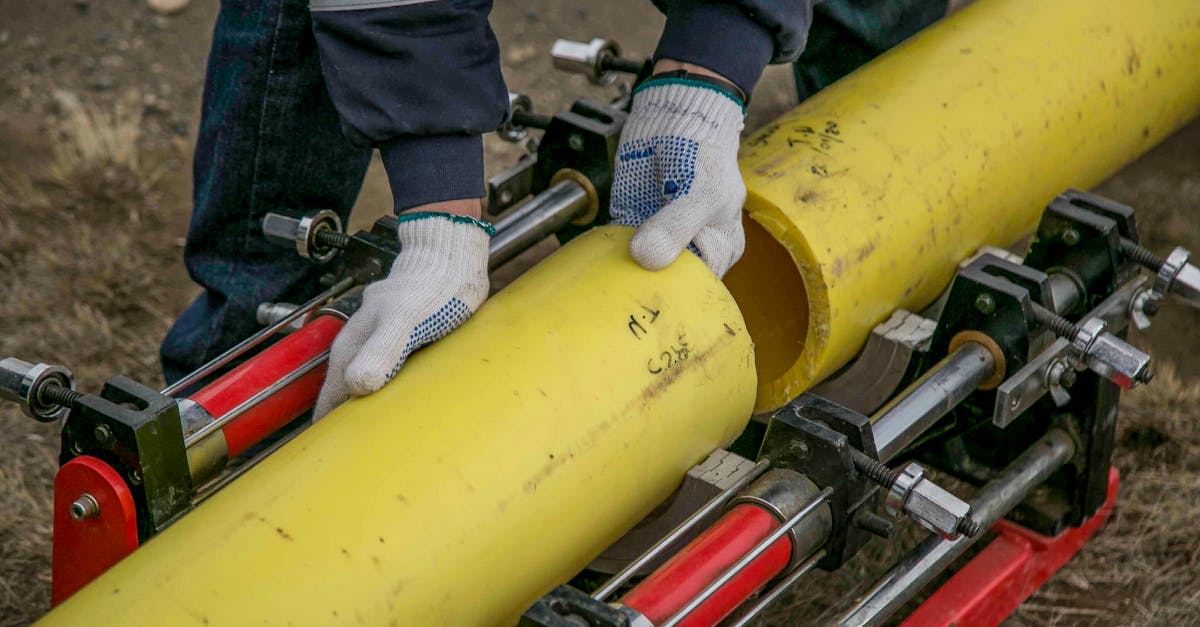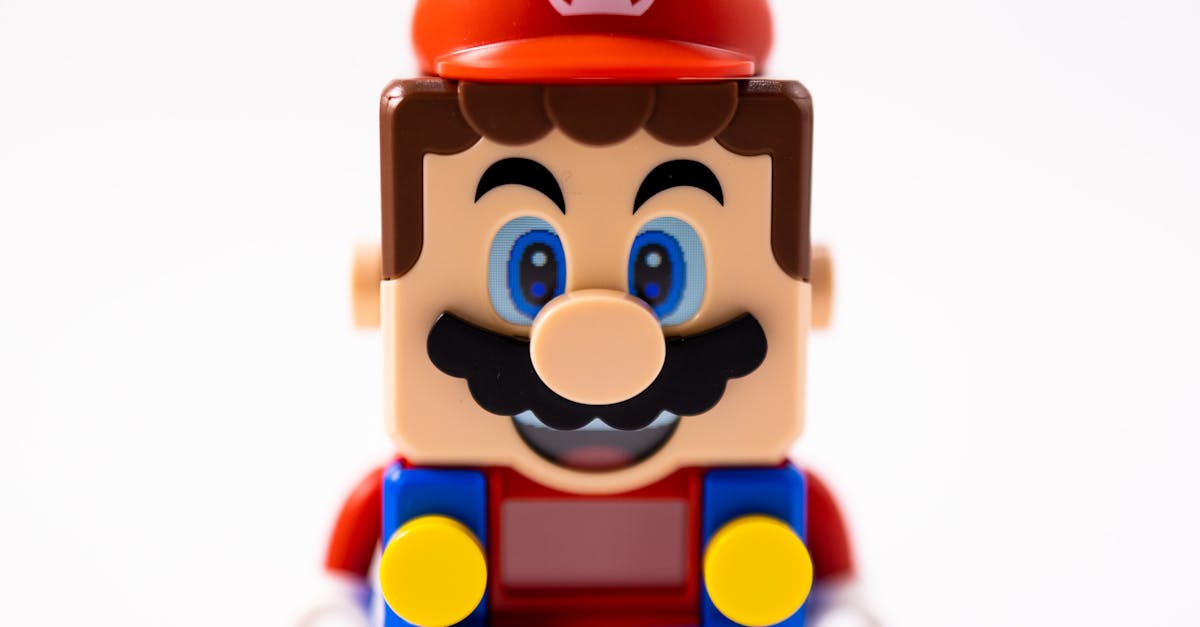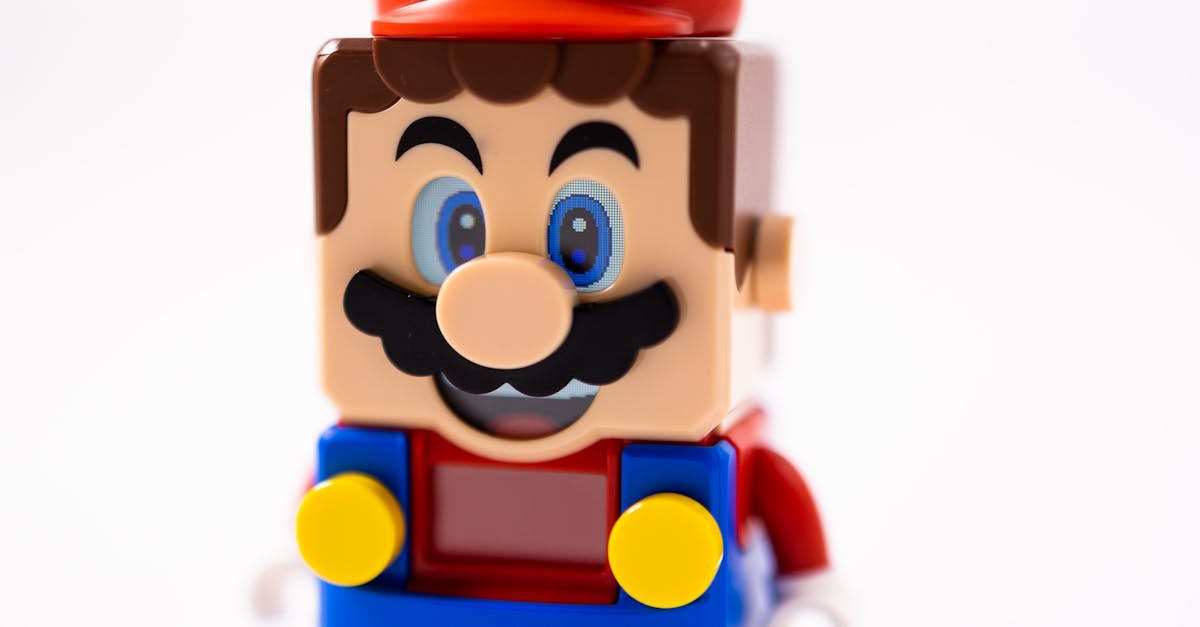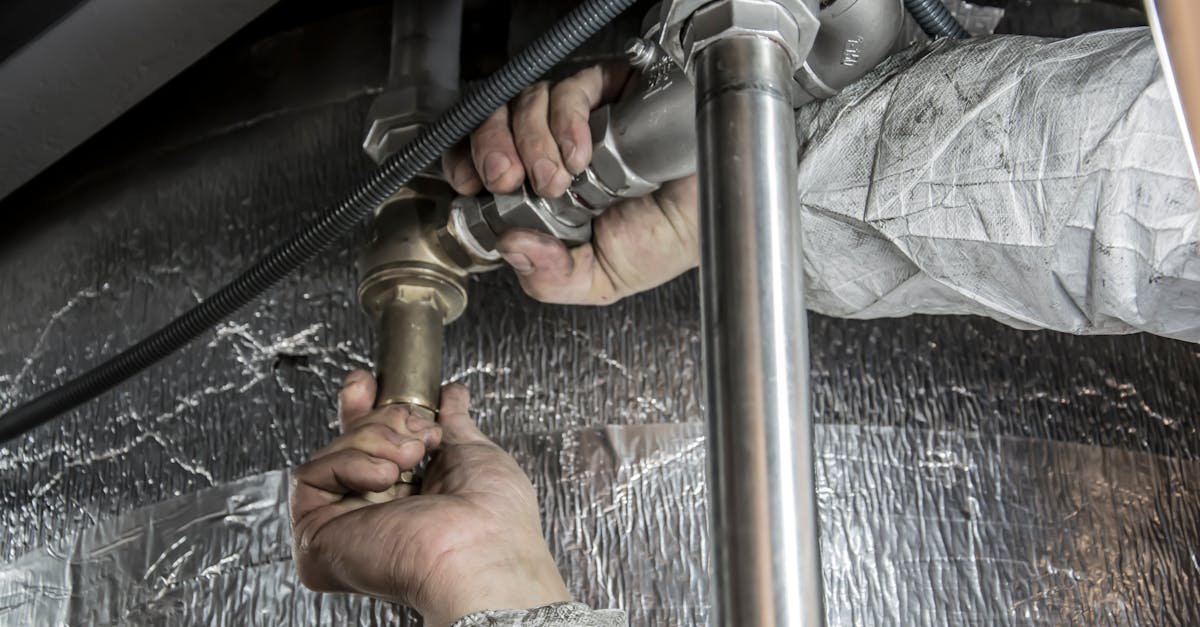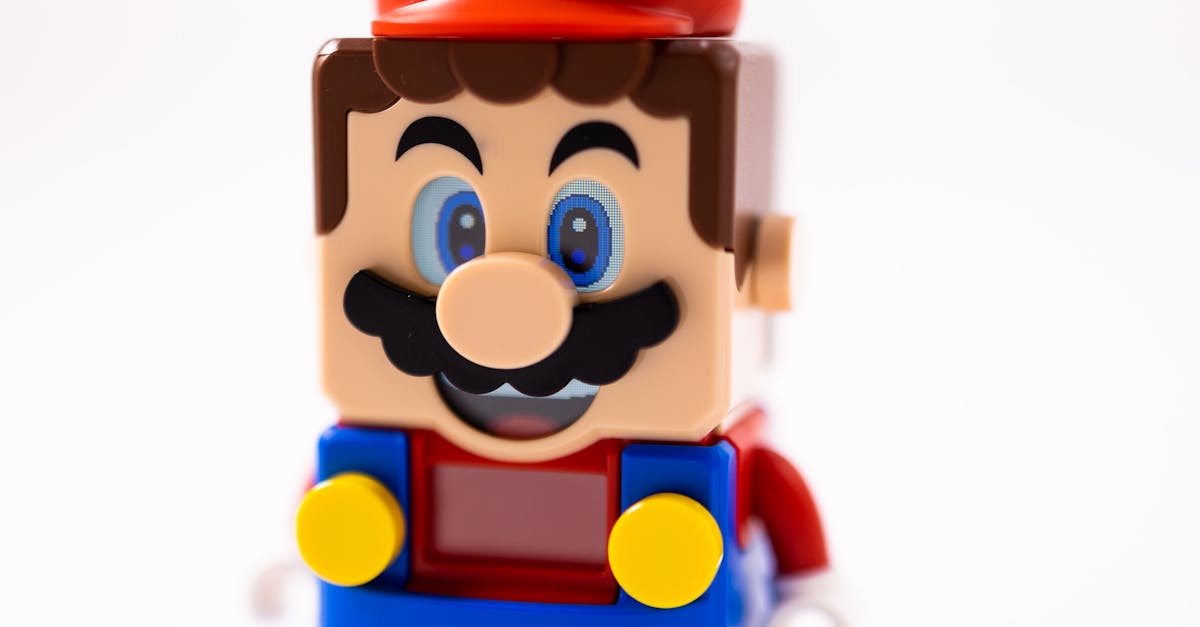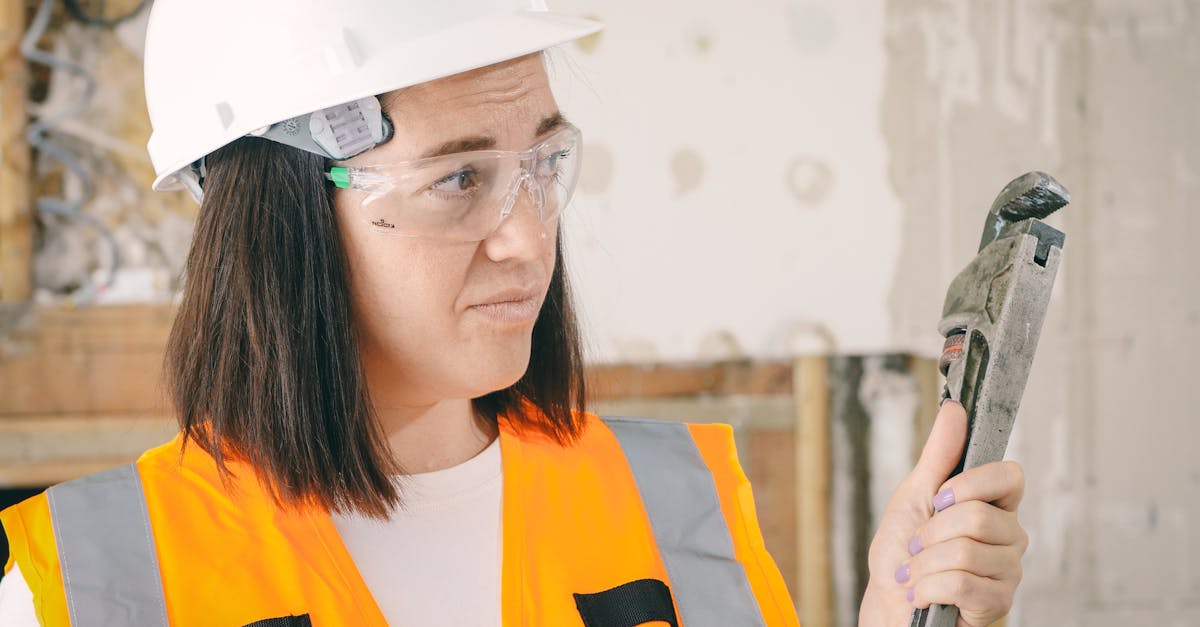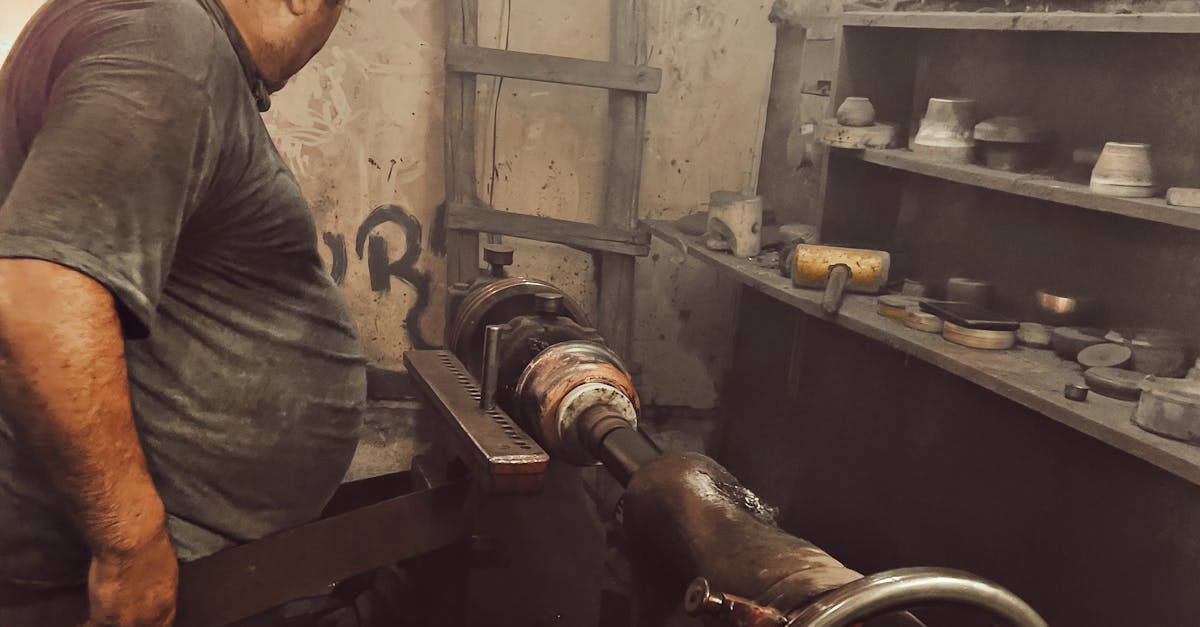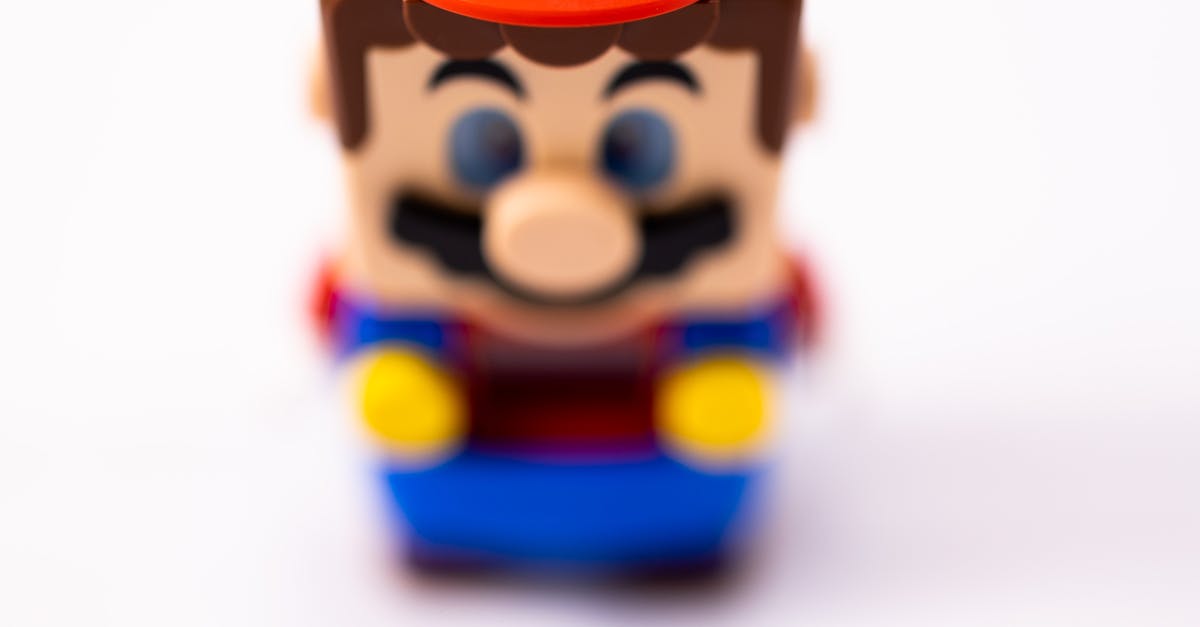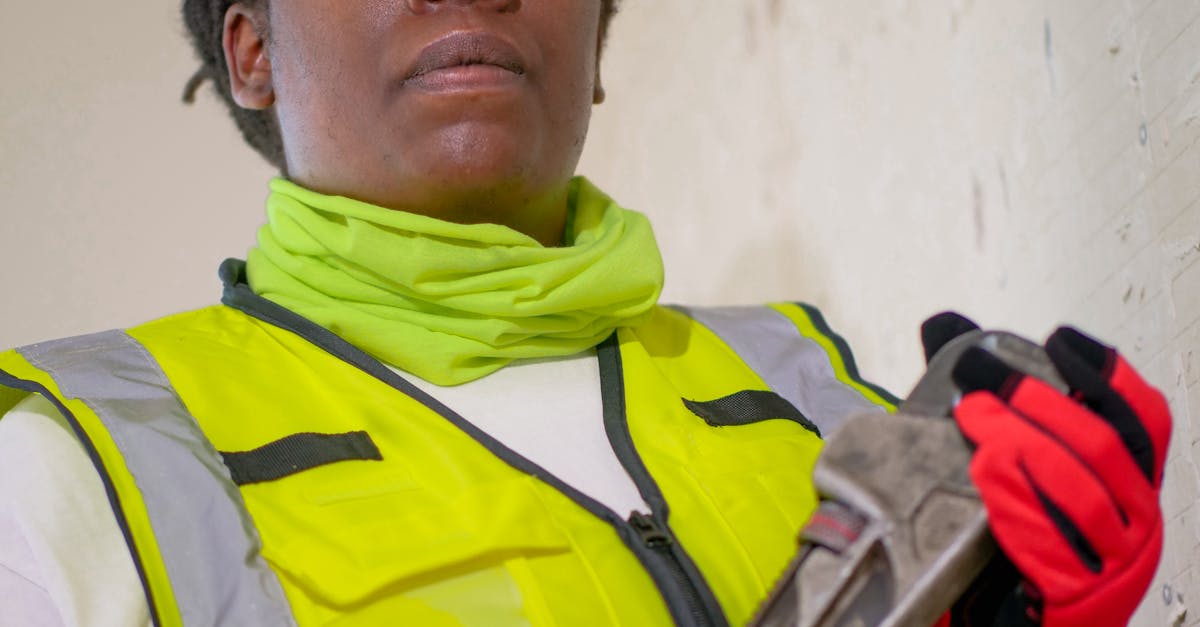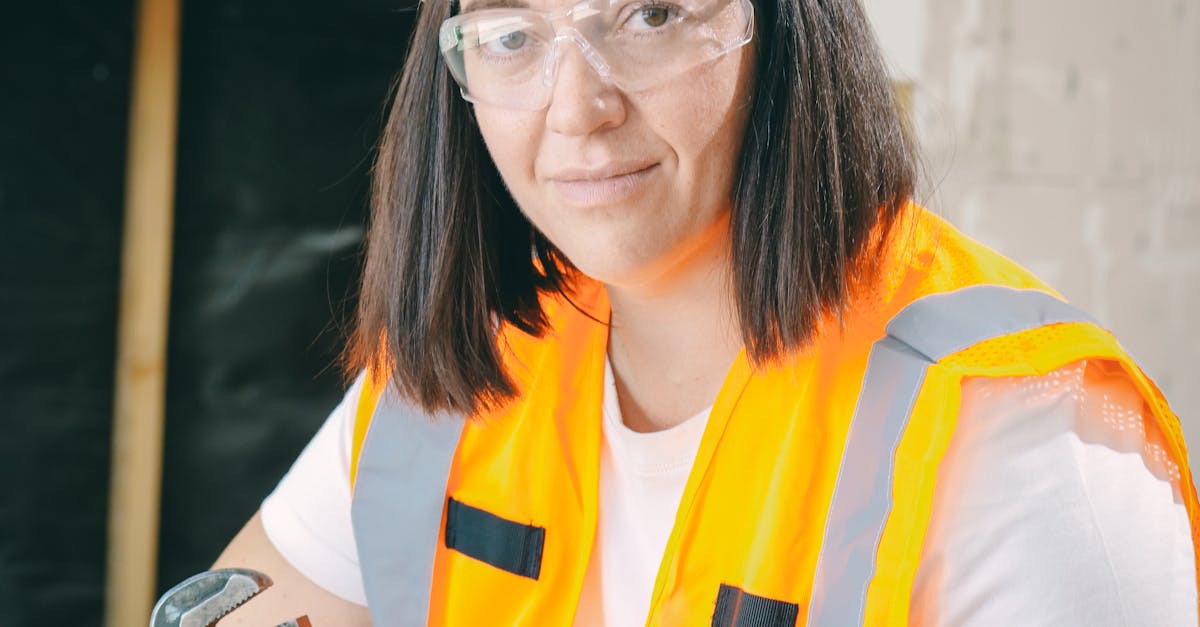
Table Of Contents
The Importance of Pipe Maintenance
Regular maintenance of water pipes is crucial for ensuring their longevity and efficiency. Neglecting this aspect can lead to significant issues, such as leaks, bursts, and costly repairs. By investing time in preventative care, homeowners can identify potential problems early on. This proactive approach minimises the risks of unexpected emergencies and keeps water flowing smoothly.
Proper maintenance also enhances the overall performance of a plumbing system. It can prevent scale build-up and corrosion, which are common in older pipes. Routine inspections and maintenance can highlight areas needing attention before they escalate. Whenever there's a need for upgrade or maintenance, professional help for pipe installation and repair becomes invaluable for maintaining system integrity and reliability.
Tips for Preventative Care
Proper maintenance of water pipes is essential for preventing leaks and failures. Regularly inspecting your pipes for signs of wear can save significant time and money in the long run. Look for any visible cracks, corrosion, or damp patches around your plumbing system. Make sure to check joints and fittings, as these areas are more prone to leaks. Additionally, maintaining consistent temperatures in areas prone to freezing can help prevent pipe bursts during colder months.
Pipe installation and repair can be complex, so investing in high-quality materials is vital. Choosing durable pipes that are suited for your environment is a crucial step in preventative care. Avoid putting any harsh chemicals down the drain, as they can damage pipes over time. Implementing a regular cleaning routine for drains and sewer lines can also aid in preventing clogs and ensure that your plumbing system remains in good condition.
Types of Water Pipes and Their Repair Needs
Various types of water pipes are used in plumbing systems, each having unique properties and repair needs. Copper pipes are popular due to their longevity and resistance to corrosion. However, they can develop pinhole leaks over time. PVC pipes are lightweight and easy to install, yet they can crack under extreme temperatures. Cast iron pipes, while sturdy, may succumb to corrosion and require more frequent inspections. Understanding these characteristics is crucial for effective maintenance.
Pipe installation and repair are essential skills in addressing issues related to these different materials. Regular checks can prevent minor problems from escalating into major repairs. For example, leaks in copper or PVC pipes might be sealed with specialised adhesives or fittings, while cast iron may need sections replaced or the entire line rerouted. Ultimately, recognising the specific requirements of each type of pipe can lead to better preventive measures and informed repair decisions.
Comparing Different Pipe Materials
When considering the various materials used for water pipes, it's essential to understand their unique characteristics and repair needs. Copper pipes are known for their durability and resistance to corrosion, making them a popular choice for both new installations and replacements. However, they can be quite expensive and may require professional pipe installation and repair due to their rigidity and the need for specific soldering techniques.
Plastic pipes, particularly PVC and PEX, have gained popularity due to their lightweight nature and ease of installation. They are generally more affordable and resistant to scale and corrosion, which can extend their lifespan. However, they may be susceptible to damage from UV exposure or extreme temperatures. When selecting a material for pipe installation and repair, homeowners should consider factors such as local climate, budget, and the specific requirements of their plumbing system.
Emergency Measures for Broken Pipes
When faced with a broken water pipe, quick action is essential to minimise damage and disruption. The first step is to locate the main water shut-off valve, which is critical for stopping the flow of water. Once the valve is turned off, you should thoroughly assess the area for leaks or damage. If the damage appears extensive, it may be best to contact a professional who specialises in pipe installation and repair.
Once you have taken preliminary actions, it is crucial to clean up any water to prevent mould and structural damage. Use towels or a wet vacuum to remove standing water, and try to ventilate the area to dry it as quickly as possible. If you have access to plumbing tools, you might attempt temporary repairs, such as applying duct tape or pipe clamps to the affected area. However, for a lasting solution, professional pipe installation and repair should be sought as soon as possible.
Immediate Actions to Take
When faced with a broken water pipe, the first step is to locate the main water shut-off valve. This will help prevent further water damage and give you control over the situation. Once the water flow is halted, assess the extent of the issue by inspecting the affected area. This initial evaluation is crucial for determining whether you can manage the repair yourself or if you should contact a professional for assistance.
If the damage is minor, you might consider temporary fixes such as using duct tape or a pipe clamp to stem the flow until a permanent solution is found. For more significant breaks, it’s advisable to seek professional help, as proper pipe installation and repair often requires specialised tools and knowledge. Keeping emergency contact numbers handy can alleviate stress in such situations and ensure swift action can be taken.
FAQS
Can I repair a water pipe myself?
Yes, you can repair a water pipe yourself if the damage is minor and you have the right tools and materials. However, for significant damage or complex repairs, it is advisable to hire a professional plumber.
What materials are commonly used for water pipes?
Common materials for water pipes include copper, PVC, PEX, and galvanised steel. Each material has its own repair needs and durability levels.
How can I prevent my water pipes from breaking?
Regular maintenance is key. Insulating pipes, keeping an eye on water pressure, and checking for leaks can help prevent breaks. Regular inspections and preventative care also contribute to longevity.
What should I do if I discover a burst pipe?
If you find a burst pipe, immediately turn off the water supply to prevent flooding. Then, contact a plumber for professional assistance and take any necessary emergency measures to minimise damage.
Are there temporary fixes for a leaky pipe?
Yes, temporary fixes for a leaky pipe can include using epoxy putty, pipe clamps, or even wrapping the leak with duct tape. These should be considered stop-gap solutions until a permanent repair can be made.
